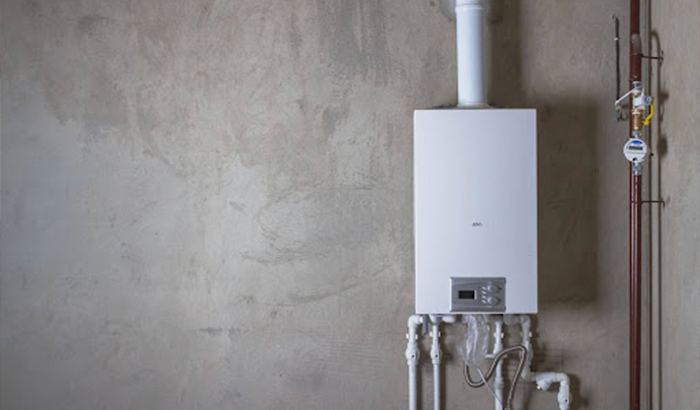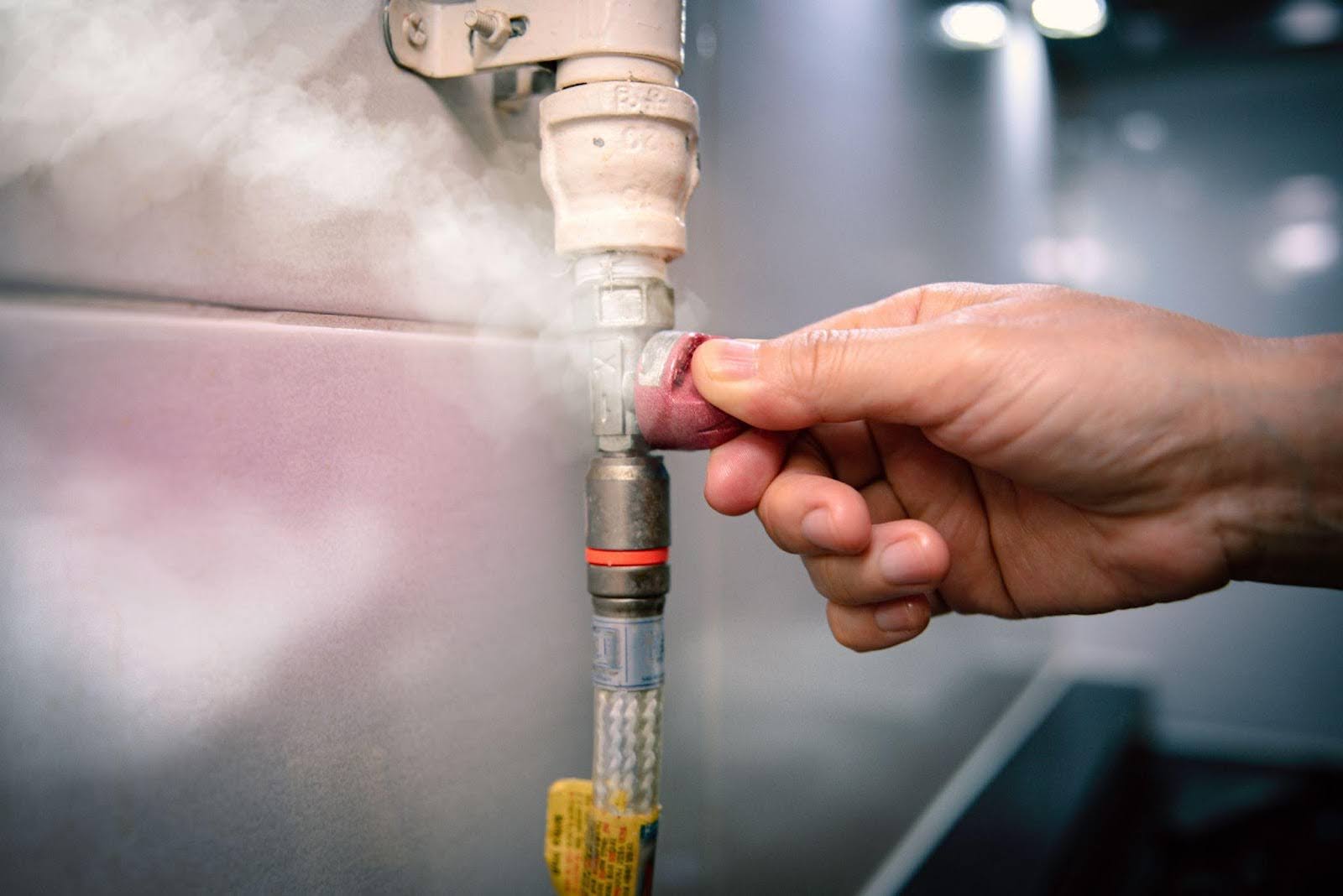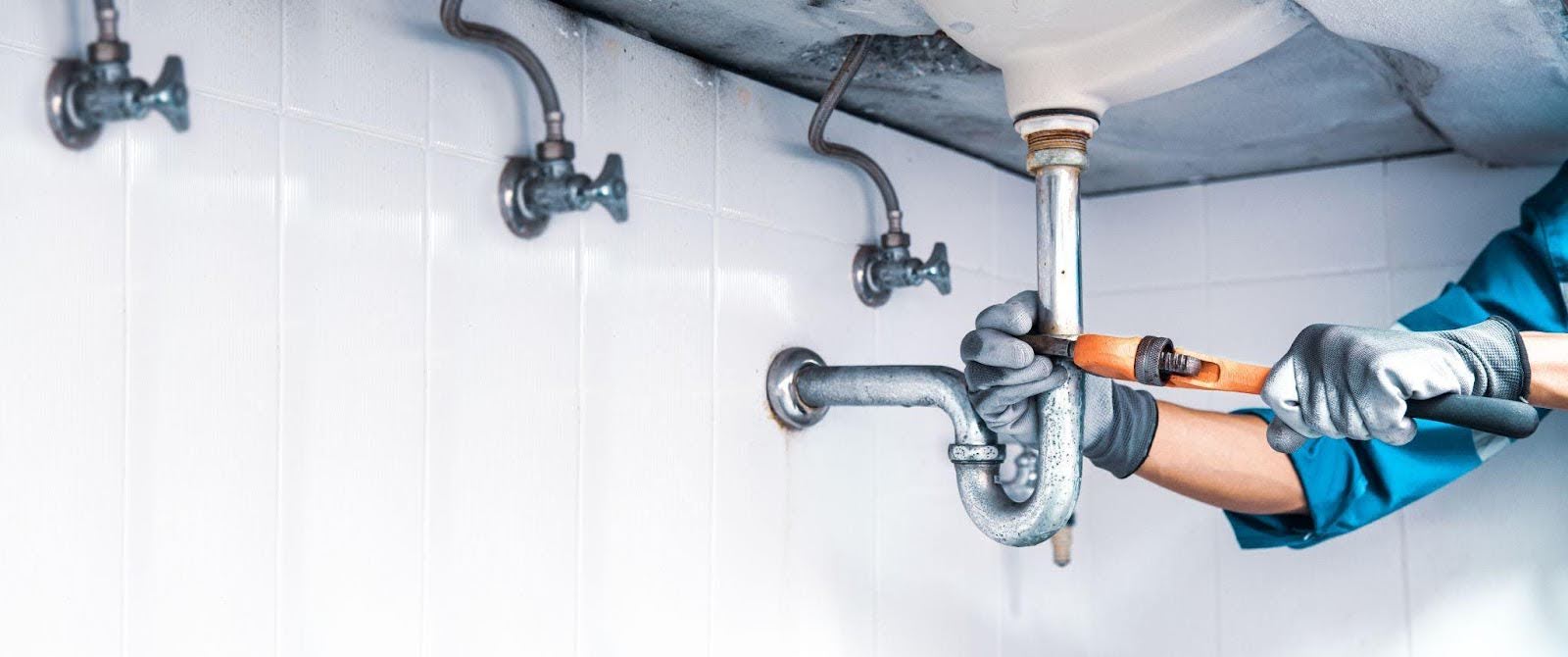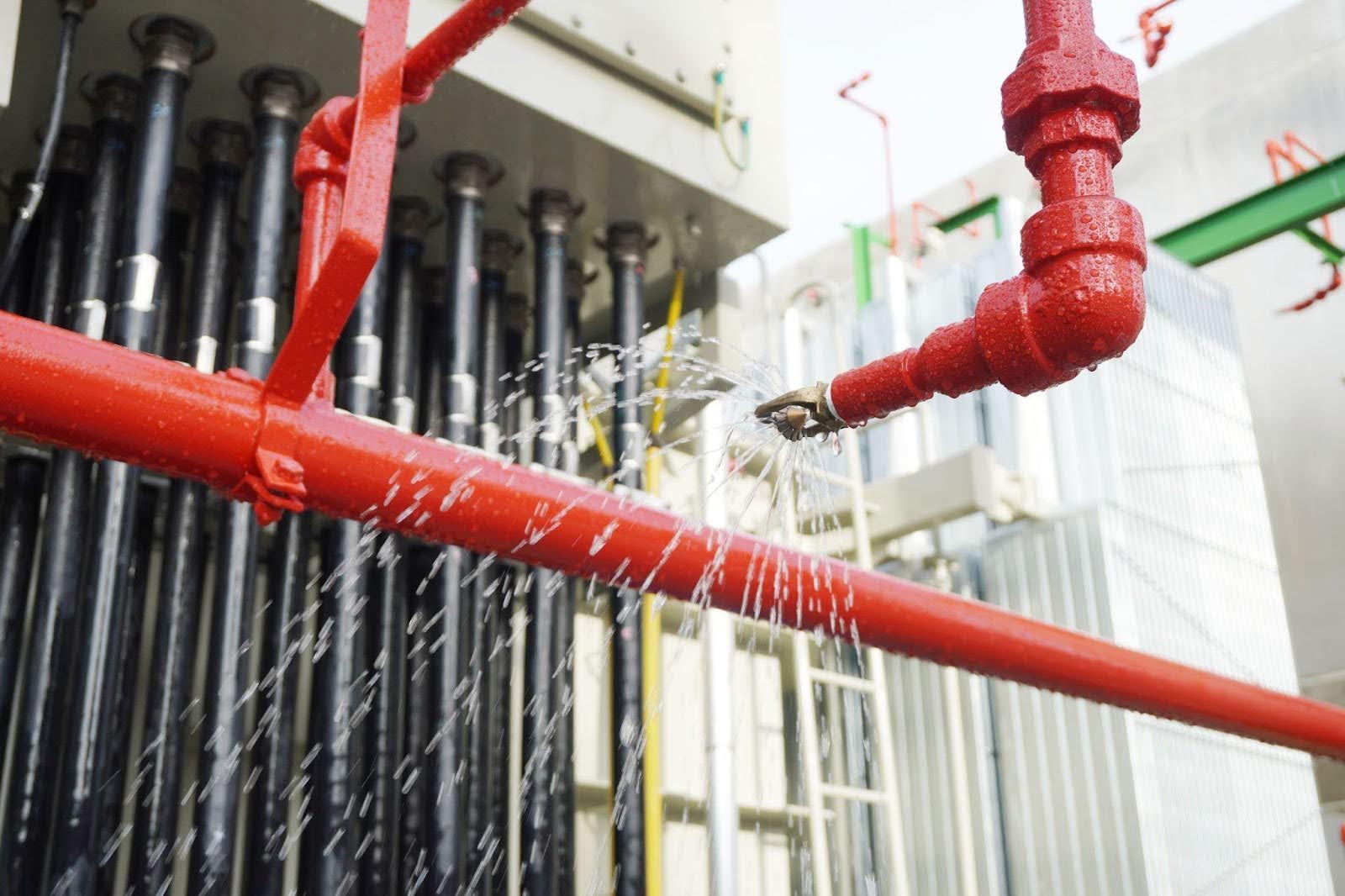You may have asked yourself, “Is it worth it to install a tankless water heater?”
We are here to answer that question.
Your water heater works tirelessly behind the scenes, playing a crucial role in your daily comfort, but the type you choose greatly affects your utility bills and the layout of your home. Tankless water heaters deliver hot water on demand, eliminating the need for a large storage tank that traditional models require.
This article explores the world of tankless water heaters, examining their energy efficiency, cost-effectiveness, and installation specifics.
Whether you’re outfitting a new home or upgrading your current system, understanding the benefits and limitations of tankless water heaters will help you make a well-informed decision tailored to your specific hot water needs and lifestyle preferences.
How tankless water heaters work
The mechanism behind a tankless water heater is simple but effective. Opening a hot water tap triggers the cold water to enter the heater, activating the heating element. The water heats up as it passes through, ensuring that hot water is always available without the standby energy losses typical of tank systems.
This setup saves space and reduces heating costs, making tankless water heaters a smart choice for modern, efficient homes.
Differences between tankless water heaters and traditional water heaters
Tankless water heaters stand apart from traditional water heaters in several vital ways. Here is a succinct comparison:
| Feature | Tankless Water Heater | Traditional Water Heater |
| Size | Compact, space-saving | Large, requires significant space |
| Hot Water Supply | Continuous | Limited to tank’s capacity |
| Energy Efficiency | Higher, as there is no standby heat loss | Lower due to heat loss |
| Initial Cost | Higher upfront costs | Lower upfront costs |
| Operating Cost | Lower energy costs over time | Higher energy costs |
| Lifespan | Typically longer | Typically shorter |
| Installation | Can be complex and expensive | Generally simpler and cheaper |
Pros of tankless water heaters
Tankless water heaters bring a host of advantages that may benefit the modern homeowner keen on efficiency, convenience, and long-term savings.
These units tackle the inefficiencies of conventional storage water heaters head-on, addressing the common grievances of wasted energy, space constraints, and the dreaded cold shower when hot water unexpectedly runs out. In the following sections, we will go through each of these benefits in more detail.
Energy efficiency
Unlike traditional water heaters, which maintain a large volume of water at a constant temperature, tankless models heat water on demand, leading to less energy waste and eliminating the “standby loss.”
According to the U.S. Department of Energy, tankless water heaters are 24% to 34% more energy efficient than conventional storage tank water heaters for homes that use 41 gallons or less of hot water daily. This not only reduces energy bills but also supports a more environmentally conscious lifestyle by reducing greenhouse gas emissions.
Endless supply of hot water
Picture never running out of hot water during a shower, even when the dishwasher and washing machine run. This dream becomes a reality with tankless water heaters.
Providing hot water on demand means there’s no storage capacity to deplete. This continuous flow of hot water is ideal for families and situations where multiple hot water appliances are in use simultaneously, ensuring everyone enjoys their hot showers and daily activities without interruption.
Space-saving design
Urban homes and those with limited space benefit most from the compact nature of tankless water heaters. These units can be mounted on a wall and tucked away in closets or small spaces, freeing up valuable real estate within a home that would otherwise be consumed by bulky traditional water heater tanks.
Longer lifespan
Investing in a tankless water heater is often considered a long-term investment due to its extended lifespan. Tankless water heaters typically last around 20 years, which is significantly longer than the 10-15-year average lifespan of their tank-style counterparts.
The longer lifespan is not simply a matter of convenience; it’s also cost-effective in the long run when considering the replacement and maintenance costs associated with traditional water heaters.
Reduced risk of water damage
The absence of a large storage tank in tankless water heaters inherently drops the risk of water damage due to leaks or tank bursts — an event that leads to expensive insurance claims and repairs.
When leakage occurs, it is typically minimal and easier to manage with a tankless system. This risk reduction is a considerable benefit for homeowners concerned about the potential damage a leaking traditional water heater can cause to their property.
Cons of tankless water heaters
While tankless water heaters boast numerous benefits, including energy efficiency and space savings, they also present several challenges that may impact your decision. Understanding these drawbacks is crucial to determining if a tankless system is right for your home.
Higher upfront costs
Tankless water heaters typically have a higher initial price tag than traditional tank models. This cost includes the unit and more complex and expensive professional installation.
Additionally, if you are transitioning from a conventional tank system, you may face extra expenses to modify or upgrade your existing setup to accommodate the tankless model.
Installation challenges
Installing a tankless water heater is generally more complicated than setting up a traditional one. It often requires professional plumbing expertise to comply with building codes and to adapt your home to fit the system.
This might involve installing new venting systems, upgrading gas lines, or enhancing electrical capacities, increasing labor and material costs.
Gas line requirements
If you opt for a gas-powered tankless water heater, you might need to upgrade your existing gas lines to meet the unit’s demands for higher gas flow. This is an additional cost and installation hurdle. Moreover, some homes might not have access to natural gas, which could further complicate the installation process.
Factors to consider when choosing a water heater
When considering replacing or installing a new water heater, several factors must be considered to ensure you select the best option for your home’s needs.
Factors to assess include your household’s hot water demand, the type of water heater that suits your lifestyle, the potential energy costs and savings, the upfront installation costs, and the long-term maintenance requirements.
Making an informed decision requires understanding these elements and how they align with one’s expectations for performance and budget.
Hot water demand
Understanding your household’s hot water demand is fundamental when selecting a water heater. Estimate your peak hot water usage by considering the number of occupants, the frequency of simultaneous hot water use, and the appliances that require hot water. High demand during peak periods may strain a water heater and affect its efficiency.
For instance, large families or homes with multiple bathrooms will typically require a system with a higher output to ensure a constant hot water supply. Conversely, a smaller household or one with modest hot water needs might consider a system with lower capacity but higher energy efficiency.
Type of water heaters
The type of water heater you choose will significantly impact performance and energy consumption. Traditional tank water heaters keep a reservoir of hot water at a set temperature, offering a ready supply but often wasting energy on standby heat loss. Tankless water heaters heat water on demand, eliminating standby loss and offering an endless supply of hot water, making them more energy efficient.
Energy costs and savings
Energy efficiency is a key consideration due to its impact on long-term costs. Although tankless water heaters are more expensive to purchase and install, they generally consume less energy than traditional tank models, which can translate to lower monthly utility bills. Energy-efficient units often come with higher initial costs but provide savings over time.
Consider the energy source as well — gas tankless water heaters may offer more efficiency but require gas line installations. In contrast, electric models might be less costly to install but could lead to higher electric bills, depending on local energy costs.
Installation costs
Installation costs for water heaters can vary widely based on the type of water heater chosen and the specific requirements of your home. Tankless models typically incur higher installation costs due to the complexities involved, such as upgrading gas lines or electrical systems, and potentially adding new venting systems.
It’s crucial to factor in these potential additional costs when budgeting for the installation of your new water heater. We recommend professional installation to ensure safety and compliance with building codes.
Maintenance requirements
Long-term maintenance is another important factor when selecting a water heater. Traditional tank systems may require periodic flushing to remove sediment and maintain efficiency. At the same time, tankless units may need annual servicing by a professional plumber to ensure the heat exchanger and other components are functioning correctly.
Understanding these requirements will help you anticipate the time and expenses associated with maintaining your water heating system effectively, ensuring its longevity and reliable performance.

Tankless water heaters from Salisbury Plumbing
If you’re considering installing a tankless water heater or need more information to weigh your options, Salisbury Plumbing is here to help. With our expertise and experience in modern plumbing solutions, we provide personalized advice, professional installation, and ongoing support.
Trust Salisbury Plumbing to ensure your transition to a tankless water heater is smooth and beneficial, maximizing your home’s comfort and efficiency. Contact Salisbury Plumbing today to explore how a tankless water heater will enhance your home’s energy efficiency and comfort.







